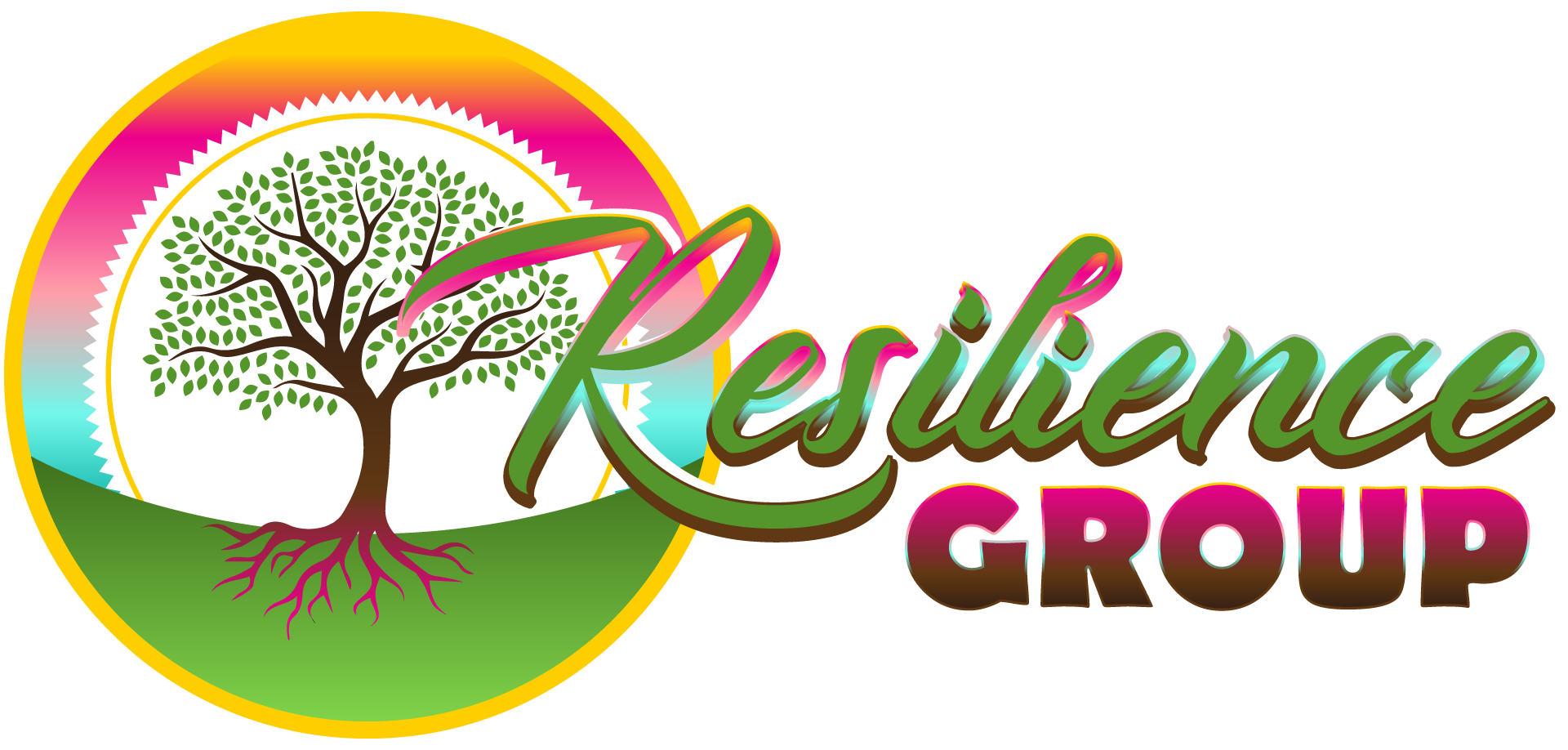Approaches & Techniques
Motivational Interviewing (MI)
Motivational Interviewing (MI) is a client-centered, evidence-based counseling approach designed to enhance an individual’s intrinsic motivation to change by resolving ambivalence and fostering commitment to positive behavioral change. Developed by William R. Miller and Stephen Rollnick in the 1980s, MI is rooted in the principles of empathy, collaboration, and respect for client autonomy. It is widely used in health care, addiction treatment, and behavioral therapy settings.
Core Principles of Motivational Interviewing:
-
Express Empathy:
- The therapist uses active listening and reflective techniques to create a supportive and nonjudgmental environment, allowing the client to feel understood and respected.
-
Develop Discrepancy:
- The therapist helps the client recognize the gap between their current behaviors and their personal goals or values, increasing awareness of the need for change.
-
Roll with Resistance:
- Resistance to change is met with understanding rather than confrontation. The therapist avoids arguing and instead explores the client’s concerns to reduce defensiveness.
-
Support Self-Efficacy:
- The therapist emphasizes the client’s strengths and capacity for change, building their confidence in making and sustaining behavioral adjustments.
Key Techniques in MI:
-
Open-Ended Questions:
- Questions that encourage clients to explore their thoughts and feelings about change in depth (e.g., “What makes you feel ready to make this change now?”).
-
Affirmations:
- Statements that recognize the client’s strengths, efforts, and positive attributes to build confidence and rapport (e.g., “You’ve already made some important steps toward this goal.”).
-
Reflective Listening:
- The therapist paraphrases or mirrors the client’s statements to demonstrate understanding and encourage further exploration (e.g., “It sounds like you’re feeling unsure about taking the next step.”).
-
Summarizing:
- Periodic summaries are provided to reinforce the client’s insights and progress during the session (e.g., “So far, you’ve mentioned that you want to feel healthier and that cutting back on drinking could help with that.”).
-
Eliciting Change Talk:
- The therapist guides the conversation to encourage the client to articulate their own reasons, desires, and plans for change, which strengthens their motivation.
Stages of Change in MI:
MI often aligns with the Transtheoretical Model (Stages of Change), helping clients move through the following stages:
-
Precontemplation:
- The client may not recognize a problem or feel ready for change. MI focuses on building awareness and understanding.
-
Contemplation:
- The client begins to recognize the need for change but remains ambivalent. MI helps resolve this ambivalence and strengthen motivation.
-
Preparation:
- The client commits to making a change and begins planning. MI supports the development of actionable steps.
-
Action:
- The client actively works on changing behaviors. MI reinforces progress and self-efficacy.
-
Maintenance:
- The client sustains new behaviors over time. MI focuses on preventing relapse and reinforcing long-term commitment.

Applications of Motivational Interviewing:
-
Substance Use Disorders:
- MI is highly effective in addressing ambivalence about reducing or quitting substance use, promoting readiness for treatment, and supporting relapse prevention.
-
Health Behavior Change:
- Used in managing chronic conditions (e.g., diabetes, hypertension) and encouraging lifestyle changes (e.g., weight loss, smoking cessation).
-
Mental Health:
- Supports individuals dealing with anxiety, depression, or other disorders in identifying and working toward meaningful goals.
-
Education and Career Counseling:
- Helps individuals explore and commit to academic or career paths aligned with their values and aspirations.
-
Criminal Justice:
- Encourages behavior change among individuals in probation or rehabilitation programs.
Effectiveness:
-
Evidence-Based:
- Research consistently demonstrates MI’s effectiveness in promoting behavior change across diverse populations and issues, including substance use, chronic health conditions, and mental health.
-
Client-Centered:
- MI respects client autonomy, empowering individuals to take ownership of their change process, which increases long-term success.
-
Broad Applicability:
- MI is adaptable to various settings, from clinical therapy to community health programs, making it a versatile and widely used approach.
Conclusion:
Motivational Interviewing (MI) is a collaborative, person-centered therapeutic approach that empowers individuals to resolve ambivalence and commit to meaningful behavioral changes. By fostering a nonjudgmental, supportive environment and emphasizing the client’s intrinsic motivation and strengths, MI has become a widely used and highly effective method for addressing a range of behavioral, mental health, and health-related challenges.
Contact
(435) 313-8533
Location:
Resilience Group
Saint George, UT 84770
In-person and telemedicine available
